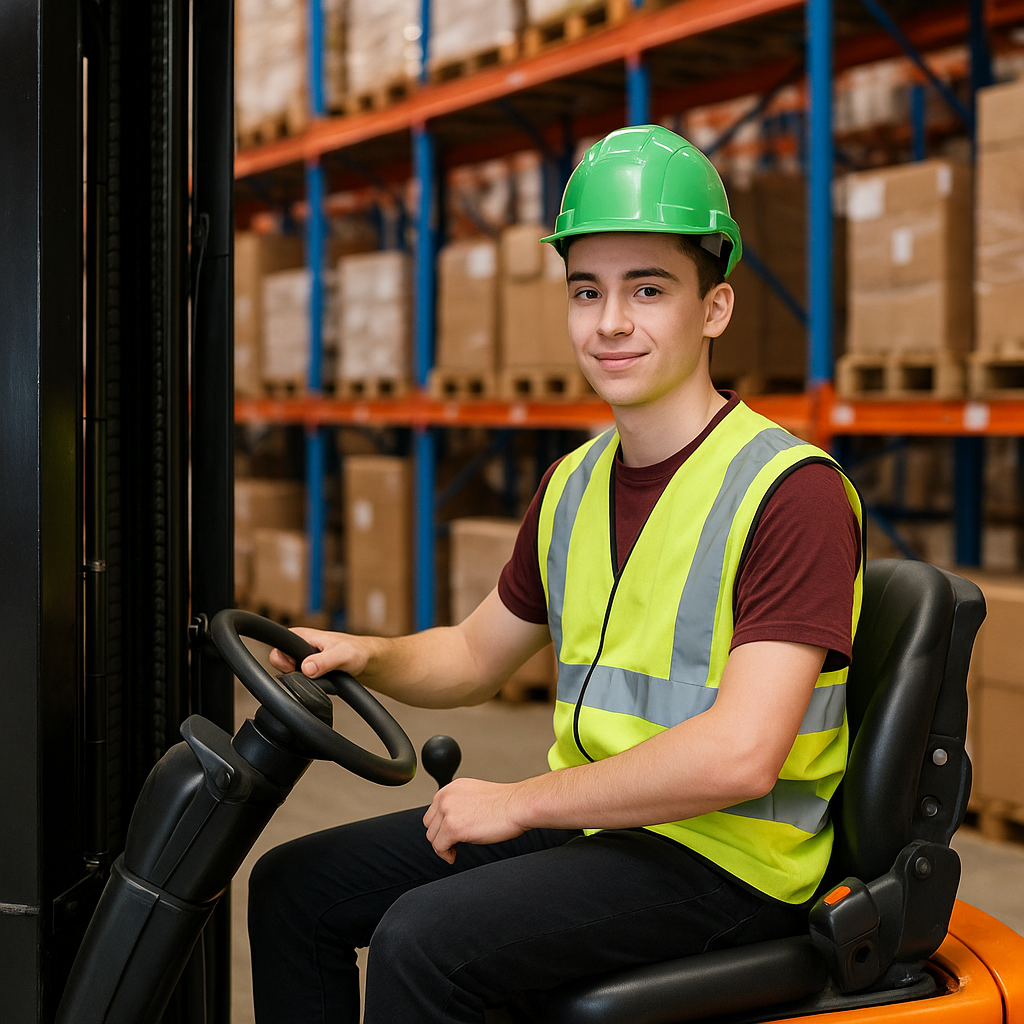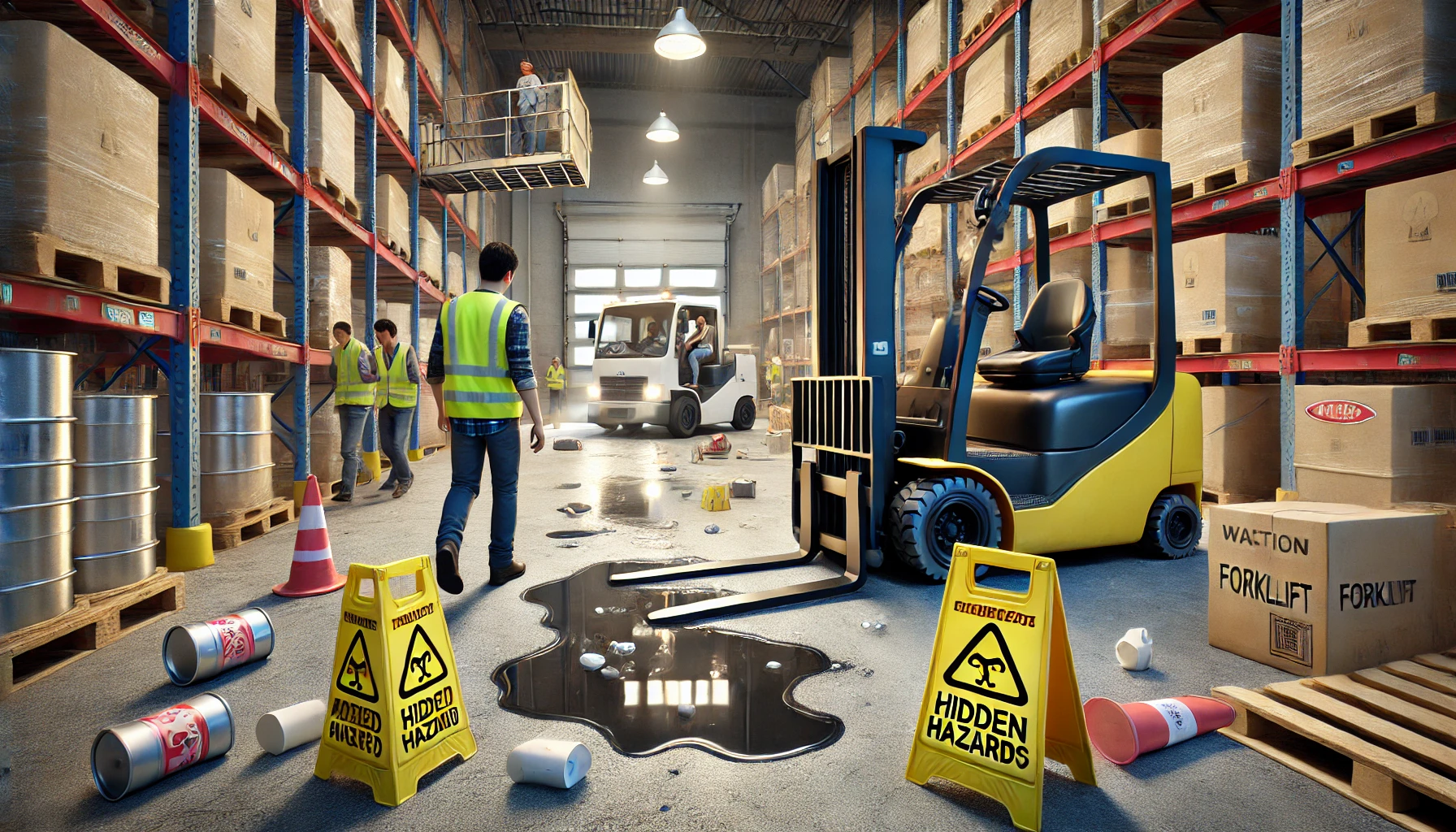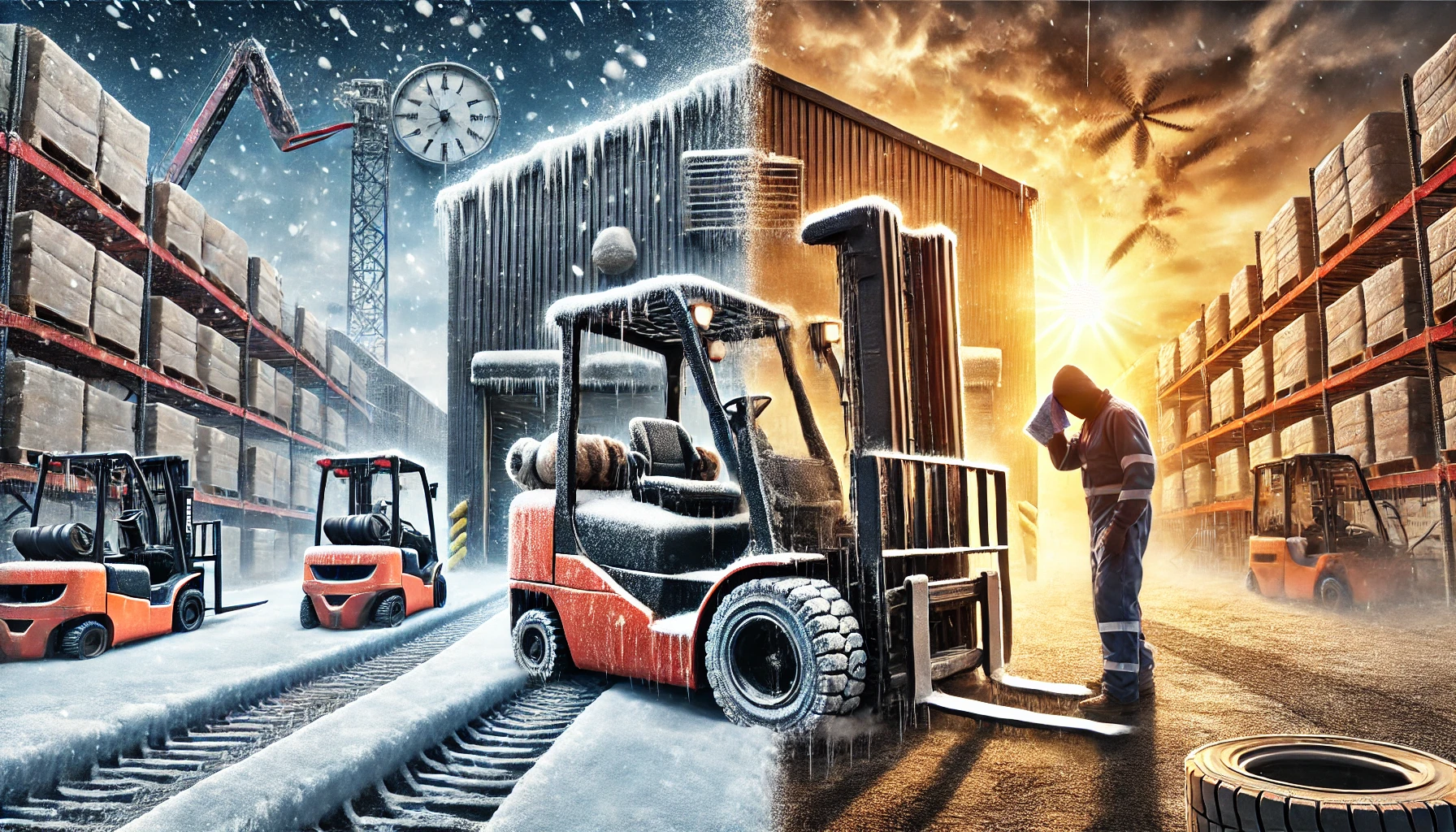Can You Operate a Forklift with a Provisional Licence in Australia?
For young Australians exploring career options, the logistics and warehousing industry presents a practical pathway with strong job demand. One of the most common entry points is forklift operation. But if you’re on your P plates (Provisional licence), you might be wondering: Can I legally get my forklift ticket and start working?
Let’s unpack this question, bust a few common myths, and clarify the official requirements.
Myth 1: You Must Have a Full Driver’s Licence to Operate a Forklift
This is one of the biggest misconceptions out there. The truth is, you do not need a car driver’s licence at all—provisional or otherwise—to undertake forklift training or operate a forklift.
What you do need, however, is to meet the eligibility requirements under WorkSafe, SafeWork, or your state’s regulatory body for high-risk work licences.
What Are the Real Requirements?
To operate a forklift legally in Australia, you must hold a High Risk Work Licence (HRWL) for forklift trucks, which includes:
- LF Licence – for standard forklift trucks
- LO Licence – for order-picking forklifts (where the operator is lifted with the load)
To apply for an HRWL for forklifts, you must:
- Be at least 18 years old
- Provide valid identification (100 points of ID, including photo ID) For eg. Australian or Overseas Passport, KeyPass, Proof of Age Card, Gun or Marine licence
- Complete an approved training course through a Registered Training Organisation (RTO)
- Be assessed as competent in both theory, calculations and practical skills
- Apply for your HRWL through your state or territory’s work health and safety regulator (e.g. WorkSafe Victoria, SafeWork NSW)
So if you’re on your Ps and aged 18 or older, you’re eligible to train for and apply for a forklift licence.
Do I Need a Car Licence to Drive a Forklift on Public Roads?
Here’s where things change slightly. While a car licence isn’t required for operating a forklift on private property or within a warehouse, if you need to drive a forklift on public roads or cross them, you must also hold a valid Australian driver’s licence – even a provisional one is acceptable.
In these cases, the forklift will need to be registered and comply with road safety and lighting requirements, depending on the state or territory. Check with your local road authority for details if your job involves operating forklifts outdoors or near traffic zones.
Workplace Opportunities for Young Operators
Many employers in logistics and warehousing are eager to hire young, newly licensed forklift operators—especially those who show an interest in safety, compliance, and long-term growth in the industry. If you’ve just finished high school or a pre-apprenticeship course and are looking to enter the workforce, a forklift licence can be a fast-track ticket to a stable job.
For those still under 18, while you cannot hold an HRWL yet, you can start preparing by taking pre-employment training, safety induction programs, and general warehousing courses to build your readiness.
Key Takeaways for P-Platers and New Starters
- Yes, you can legally obtain and hold a forklift licence with a provisional car licence – or no car licence at all.
- You must be 18 or over to apply for a High Risk Work Licence.
- Driving a forklift on a public road requires a valid car driver’s licence, including provisional.
- Completing a forklift training course through a certified RTO is mandatory.
- There’s strong demand for certified forklift operators across Australia—particularly in warehousing, logistics, construction, and manufacturing.
Thinking of a Logistics Career? Start with Forklift Training
Forklift certification opens the door to a wide range of employment opportunities across Australia. Whether you’re aiming for a warehouse job or considering a longer-term career in logistics or supply chain management, getting your HRWL is a valuable and achievable first step—even if you’re still on your Ps.
If you’re ready to get started, make sure you enrol with a registered training organisation that meets your state’s licensing requirements. It could be your first move toward a rewarding, hands-on career in a growing industry.






